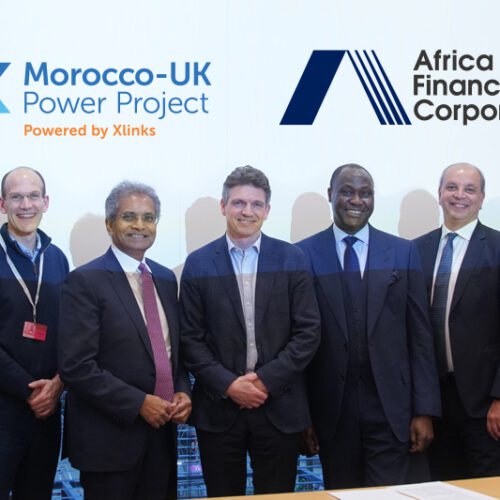With Parliament back from the summer break, Westminster appears to have (finally!) gathered that there is currently quite a bit of hand wringing going on in the non-domestic solar power industry. A High Court case is usually a giveaway.
But MPs can be forgiven for not understanding why the industry is so anxious. By the time we’ve explained Contract-for-Difference woes, yet alone our disagreements with Allocation Methodologies most people are cross-eyed with confusion. When we describe the CfD auctions as ‘3D chess’, unfortunately we aren’t joking. Even aficionados of energy in the Lords have expressed their frustration at understanding the details.
That’s why we’ve developed a series of infographics to help explain the problem facing the solar power industry.
The key message is that the Department of Energy and Climate Change (DECC) has allowed for far, far less power from solar compared to other technologies in 2020 under its EMR modelling, and it is squeezing us through the policy framework to ensure that happens. And it hurts.
Solar has been on a roll. The large-scale industry has navigated reductions in support of 65% this Parliament, which is an extraordinary achievement. And no, it’s not all down to international module prices, which account for around 25% of installation and operational costs. The competitive price of solar is also down to British SMEs installing and operating solar at minimum cost and finding every possible efficiency in the supply chain. Large-scale solar is now the second cheapest renewable and, with stable government support, it will be the first low-carbon technology off subsidy. For government to stall this extraordinary progress makes no sense at all. Yet that is the risk.
Electricity from solar done on a big scale – on big rooftops and solar farms – has become so cheap that it could soon provide independence from energy imports and independence for consumers. This is the ‘solar independence’ prize that we should be aiming for. This is the prize we need urgently as we head towards international climate negotiations in Paris. The Chief Economist of the IEA has warned Paris may be our last chance to tackle dangerous climate change. The Intergovernmental Panel on Climate Change has said technical solutions don’t come any bigger than solar power. It’s why we personally care passionately about what happens to this industry.
Solar makes no noise, creates no waste and emits no carbon. No wonder it’s the UK’s most popular energy technology. When screened from view on land with hedgerows you wouldn’t even know it’s there. We’ve worked hard and quickly as an industry body to define best practice, including using solar farms to help protect Britain’s threatened plant life and wildlife. We can’t solve the threats to the UK’s biodiversity, but we can help, and many of our members are passionate about doing so. We’ve also taken care as an industry to avoid conflict with food, instead pressing for continued agricultural production on lower grade land.
.
It’s a real frustration for the industry that deployment across medium and large rooftops is so low in the UK. One of our infographics explains that government’s proposed amendments to the feed-in tariff (FiT) will at best deliver a handful more of schemes like the Bentley car factory roof. Overall, changes to FiT could result in a cut to total solar deployment under FiTs by 420MW by 2020. This is not exactly helpful. We welcome the steps DECC is taking to tackle some key barriers, but a much more vigorous approach is clearly needed to unlock the rooftop market.
We need to mobilise the huge popular support for solar to ensure common sense prevails. What is needed is a clear and stable policy framework for all sub-sectors of solar. If government provides this, we are pretty sure we can get to that breakthrough moment of being able to compete without public help by the end of the next Parliament.
At the moment government is tilting the playing field against solar power. We are not asking for special treatment. We are asking for a more level playing field and sensible policy that delivers for value for money and a climate breakthrough in the public interest.
DECC is currently threatening to withdraw all Renewables Obligation funding for solar over 5MW as of next year. And the reality at the moment is that, as the solar industry is made up of SMEs, the new Contracts for Difference (CfDs) auction system that would replace it only suits very large companies with strong balance sheets that can handle high levels of risk.
The government should be making sure solar businesses are given one last period of stable policy in which to invest. British solar just needs one final push, one last period of support, before it can achieve solar independence and compete subsidy-free. That’s why we’re working hard to finalise our Solar Independence Plan, which sets out a costed pathway for delivering zero subsidy solar in all its forms by 2020.
Having explained the problem, and proposed a common sense solution we’ll be looking for widespread backing. Watch this space!
.




